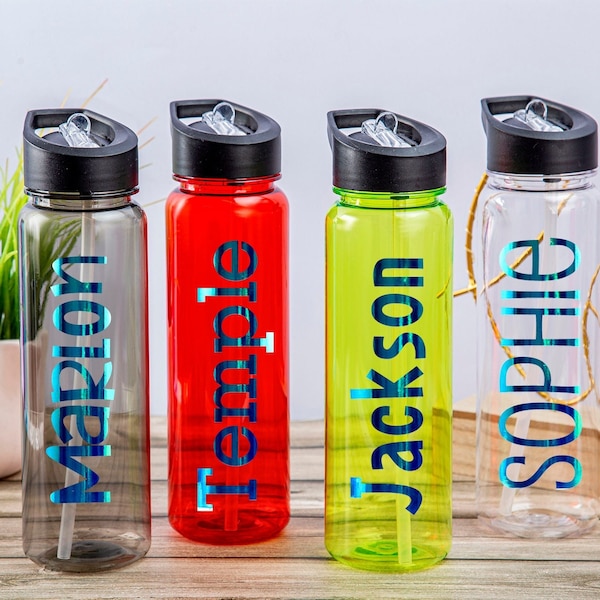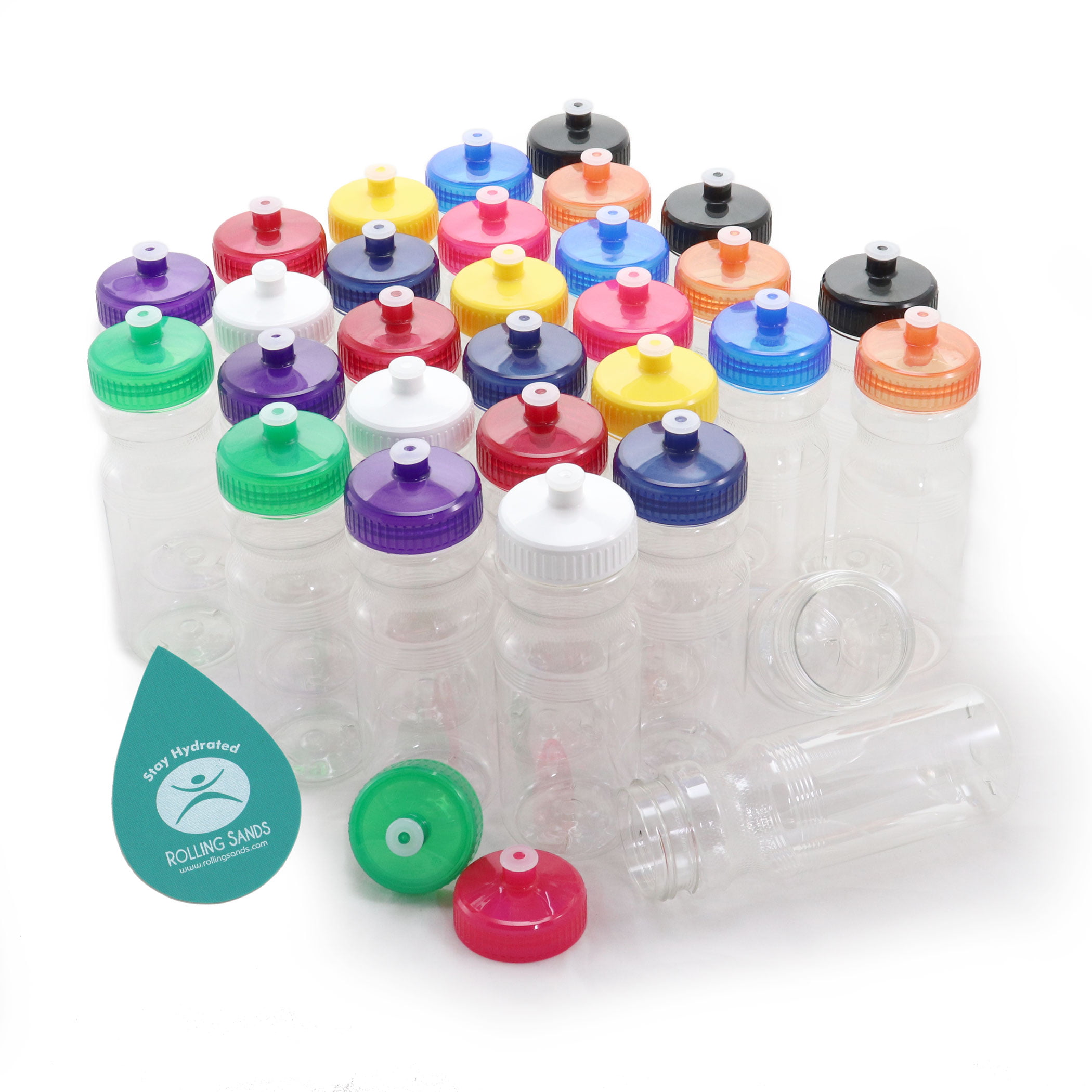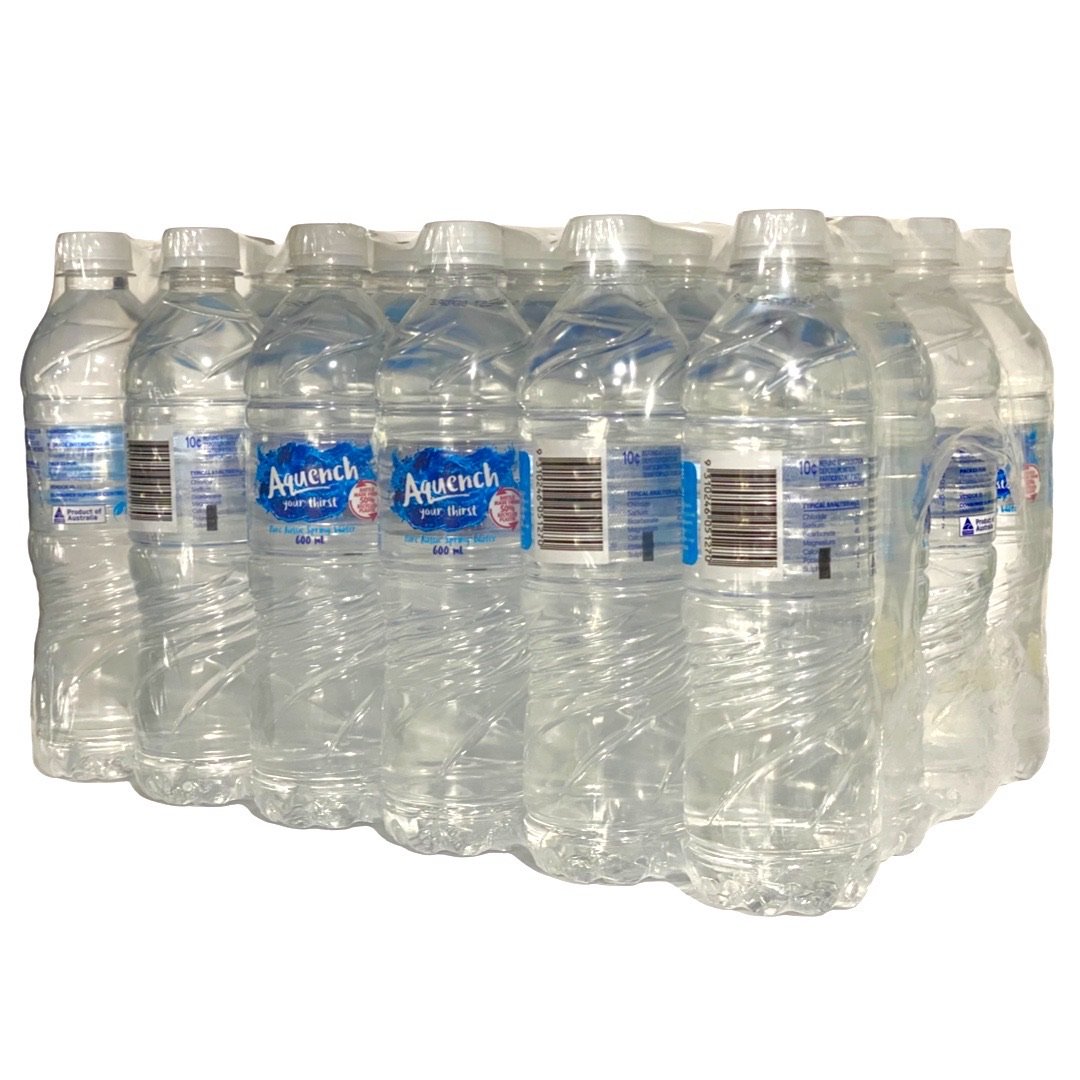Water Bottles For Sale In Bulk

The wholesale market for disposable water bottles is experiencing a notable surge in activity, with bulk purchases becoming increasingly common across various sectors. This trend reflects shifting consumption patterns, economic factors, and heightened concerns surrounding access to clean and safe drinking water.
At the heart of this increasing demand lies a confluence of factors. Businesses, event organizers, and aid organizations are driving bulk water bottle purchases, impacting both the supply chain and environmental considerations.
Drivers of Bulk Water Bottle Sales
Cost-Effectiveness is a major motivator. Purchasing water in bulk often yields significant cost savings compared to individual bottle purchases, particularly for organizations with large-scale hydration needs.
Event Organizers: Large-scale events, such as concerts, sporting competitions, and festivals, require readily available and easily distributable water sources. Bulk water bottles provide a practical solution for attendee hydration.
Businesses and Offices: Many companies are opting to provide bottled water for employees and clients, particularly in areas where tap water quality is a concern or perceived to be lacking. Bulk purchasing streamlines this process.
Aid and Relief Organizations: In disaster relief scenarios and humanitarian crises, access to clean drinking water is paramount. Bulk water bottle purchases are critical for rapid response and ensuring the health and safety of affected populations.
Convenience plays a crucial role. Pre-packaged water bottles offer unparalleled portability and ease of distribution, making them ideal for situations where access to water fountains or refill stations is limited.
Perceived Safety continues to influence consumer choices. Despite advancements in water filtration technologies, concerns about tap water quality persist, driving some individuals and organizations to opt for bottled alternatives.
According to a report by Beverage Marketing Corporation, bottled water consumption has steadily increased over the past decade, surpassing other packaged beverages in popularity.
Impact on the Environment
The widespread use of disposable plastic water bottles poses significant environmental challenges. Plastic waste accumulates in landfills, oceans, and other ecosystems, contributing to pollution and harming wildlife.
Efforts to mitigate these impacts include promoting recycling programs and developing biodegradable or plant-based alternatives. However, recycling rates for plastic water bottles remain relatively low in many regions.
Organizations like the EPA (Environmental Protection Agency) are actively promoting responsible waste management and encouraging the reduction of plastic consumption.
Economic Considerations
The bulk water bottle market supports a complex supply chain, involving manufacturers, distributors, retailers, and waste management companies. This sector contributes to employment and economic activity in various regions.
Fluctuations in raw material costs, particularly the price of PET plastic, can influence the price of bulk water bottles. Economic downturns may also impact consumer spending on bottled water, leading to shifts in demand.
The International Bottled Water Association (IBWA) advocates for sustainable practices within the industry and emphasizes the importance of product stewardship.
Alternative Solutions
As awareness of the environmental impact of plastic water bottles grows, alternative solutions are gaining traction. These include reusable water bottles, water filtration systems, and increased investment in public water infrastructure.
Reusable Water Bottles: Encouraging the use of reusable water bottles is a simple yet effective way to reduce plastic waste. Many businesses and organizations are now offering incentives for employees and customers to adopt this practice.
Water Filtration Systems: Point-of-use water filtration systems, such as those installed in homes and offices, can provide access to clean drinking water without the need for disposable bottles.
Investment in Public Water Infrastructure: Improving the quality and accessibility of tap water is essential for reducing reliance on bottled water. This requires ongoing investment in water treatment plants and distribution networks.
Future Trends
The bulk water bottle market is expected to continue evolving in response to changing consumer preferences and environmental concerns. Innovations in packaging materials, such as biodegradable plastics and aluminum cans, may play a significant role in the future.
Increased regulatory scrutiny of the bottled water industry is also anticipated, with a focus on water source protection and waste management practices.
Consumer education campaigns aimed at promoting responsible water consumption and reducing plastic waste will likely gain further momentum.
While bulk water bottles serve a vital purpose in specific scenarios, their environmental impact cannot be ignored. A multifaceted approach, encompassing sustainable packaging, responsible waste management, and investment in alternative solutions, is crucial for mitigating the negative consequences of this widespread practice.


















